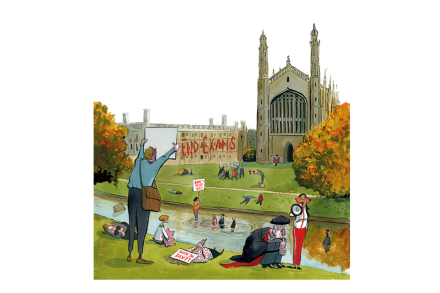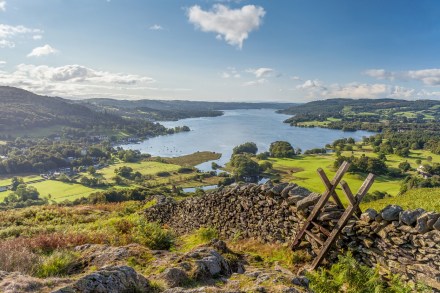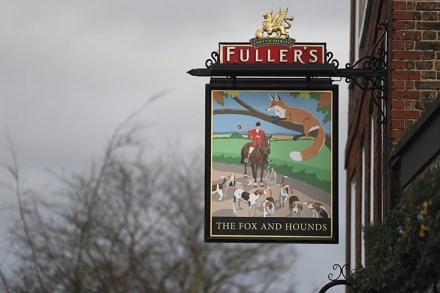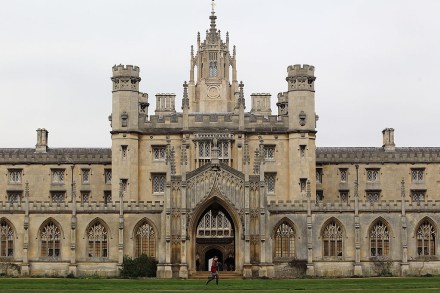Most-read 2024: Decline and fall – how university education became infantilised
We’re closing 2024 by republishing our five most-read articles of the year. Here’s No. 2: David Butterfield’s cover piece from October on the decline of British universities. Last month, after 21 years studying and teaching Classics at the University of Cambridge, I resigned. I loved my job. And it’s precisely because I loved the job




















